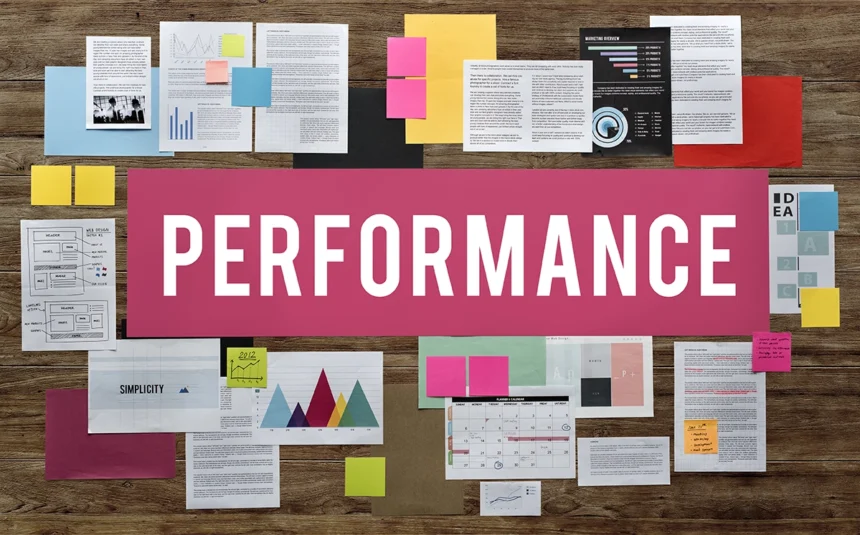Are you struggling to grasp new concepts or retain information while studying? Whether you’re a student aiming for academic excellence or a professional seeking to expand your skills, mastering effective study methods can make a world of difference. In this comprehensive guide, we’ll explore how to learn new topics efficiently, equipping you with practical strategies and techniques that can enhance your understanding and retention of information.
Why Learning New Topics Can Be Challenging
Learning new topics can often feel overwhelming. Here are a few common challenges learners face:
- Information Overload: In the digital age, the sheer volume of available information can be daunting. It’s easy to feel lost amidst countless resources.
- Lack of Motivation: Without a clear goal or motivation, diving into new subjects can become tedious.
- Ineffective Study Techniques: Using outdated or inefficient study methods can hinder your progress, leading to frustration.
- Distractions: In our fast-paced world, distractions from technology and other obligations can interrupt focus.
By identifying these challenges, we can develop efficient study methods that will help you learn new topics more effectively.
Efficient Study Methods: A Framework for Learning
1. Set Clear Goals
Before diving into a new topic, establish clear and achievable goals. Ask yourself:
- What do I want to learn?
- Why is this topic important to me?
- What specific outcomes do I expect from my study sessions?
SMART Goals Framework
Using the SMART framework can help clarify your objectives:
| Criteria | Description |
|---|---|
| Specific | Define what you want to achieve. |
| Measurable | Determine how you will measure your progress. |
| Achievable | Set realistic goals based on your current knowledge. |
| Relevant | Ensure your goals align with your personal or professional aspirations. |
| Time-bound | Set a deadline for achieving your goals. |
2. Create a Study Plan
Developing a structured study plan can help you stay organized and on track. Consider the following steps:
- Allocate Time: Dedicate specific time blocks for studying. Use tools like calendars or scheduling apps to plan your sessions.
- Break Down Topics: Divide larger topics into smaller, manageable sections. This prevents feeling overwhelmed and allows for incremental learning.
- Prioritize: Focus on the most important or challenging topics first to maximize your understanding.
3. Utilize Active Learning Techniques
Passive reading or listening to lectures can lead to forgetfulness. Instead, incorporate active learning methods to enhance retention and comprehension:
- Summarization: After reading a section, summarize the main points in your own words.
- Self-Explanation: Teach the material to someone else or even to yourself. This reinforces your understanding.
- Practice Retrieval: Use flashcards or quizzes to test your knowledge and reinforce learning.
- Mind Mapping: Create visual representations of the information. This helps connect concepts and promotes better understanding.
4. Incorporate Technology
Leverage technology to enhance your learning experience. Here are some helpful tools:
- Online Courses: Platforms like Coursera, Udemy, or Khan Academy offer courses on a wide range of topics, allowing you to learn at your own pace.
- Educational Apps: Apps like Quizlet or Anki can aid in flashcard creation and spaced repetition, promoting long-term retention.
- Podcasts and Videos: Use educational podcasts or YouTube channels to gain different perspectives and insights on topics.
5. Engage with Others
Learning in isolation can limit your understanding. Engaging with peers or experts can provide valuable insights:
- Study Groups: Join or form study groups to share knowledge and tackle difficult concepts together.
- Online Forums: Participate in forums like Reddit or Quora to ask questions and engage with others interested in the same topics.
- Mentorship: Seek guidance from mentors or professionals in the field to gain deeper insights and practical knowledge.
6. Practice Mindfulness and Focus
Maintaining focus during study sessions is crucial for effective learning. Consider these techniques:
- Pomodoro Technique: Study for 25 minutes, then take a 5-minute break. Repeat this cycle to maintain concentration without burning out.
- Mindfulness Exercises: Incorporate meditation or breathing exercises to enhance focus and reduce stress before studying.
7. Regular Review and Assessment
Regularly revisiting material is key to long-term retention. Implement these review techniques:
- Scheduled Reviews: Plan weekly or monthly reviews of previously studied topics.
- Self-Assessment: Use practice exams or quizzes to evaluate your understanding and identify areas needing improvement.
Frequently Asked Questions (FAQs)
1. How can I stay motivated while learning new topics?
Setting clear goals, finding a study group, and regularly reviewing your progress can help maintain motivation. Consider rewarding yourself for achieving milestones to reinforce positive behavior.
2. What are some efficient study methods for visual learners?
Visual learners benefit from mind maps, diagrams, and infographics. Using color-coded notes and videos can also enhance understanding.
3. How often should I take breaks while studying?
Taking breaks every 25-50 minutes (using techniques like the Pomodoro Technique) can help refresh your mind and prevent burnout.
4. Can I learn new topics effectively through online courses?
Yes, online courses offer flexibility and a structured approach to learning. Choose reputable platforms and ensure the course aligns with your goals.
5. What role does sleep play in effective learning?
Sleep is vital for memory consolidation and cognitive function. Aim for 7-9 hours of quality sleep each night to enhance your learning efficiency.
Conclusion
Learning new topics doesn’t have to be a daunting task. By implementing efficient study methods and actively engaging with the material, you can transform your learning experience. Remember to set clear goals, create a structured study plan, utilize active learning techniques, and leverage technology to your advantage. With these strategies, you’ll not only develop a better understanding of new topics but also enhance your overall study efficiency.
Thank you for reading! We hope this article provided you with valuable insights into how to learn new topics with efficient study methods. For more tips and resources, join CourseBhai through our social media channels, subscribe to our push notifications, and sign up for our newsletters to stay updated with the latest information











